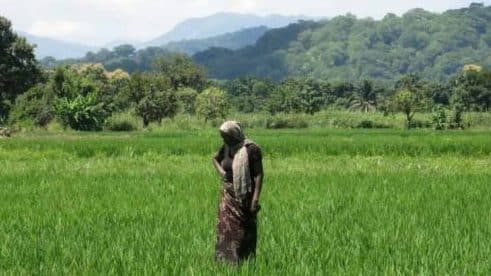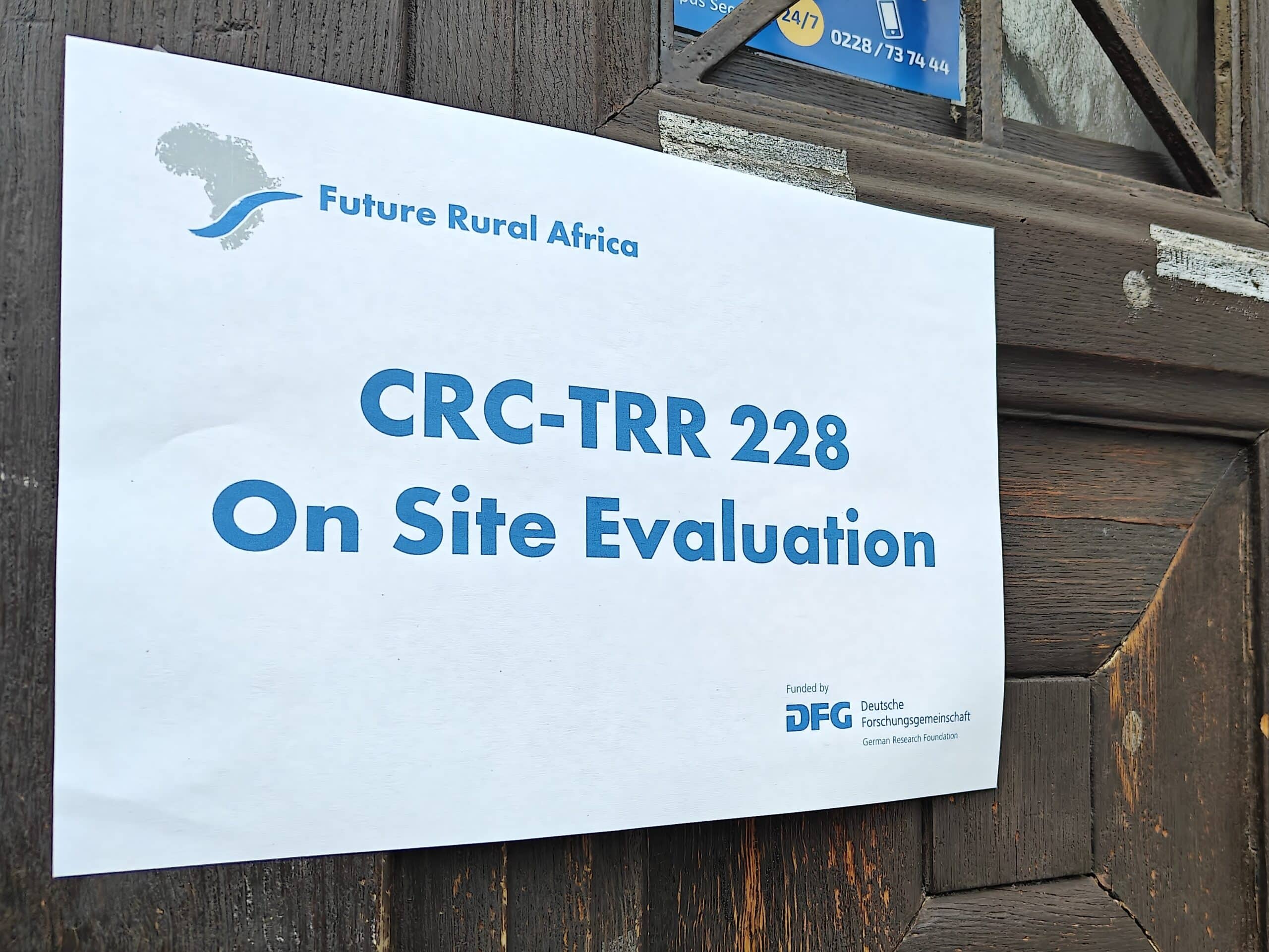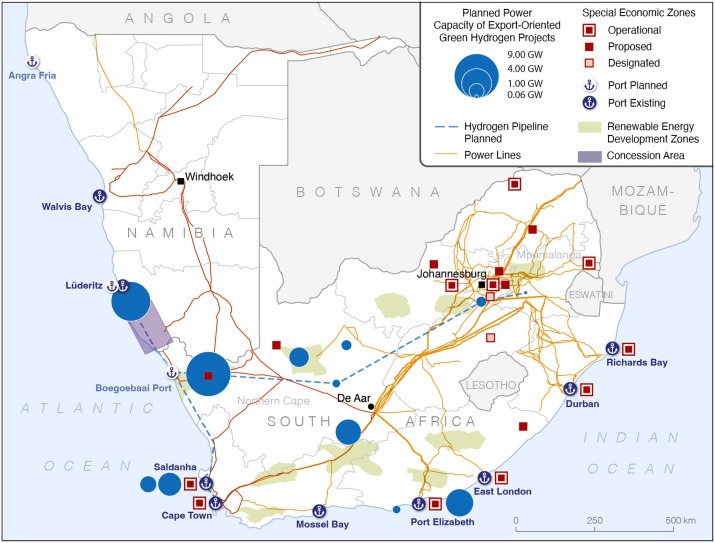Abstract
This study assesses the extent of COVID-19-related food insecurity in Kenya, Tanzania, and Namibia. Using the Household Food Insecurity Access Scale, we measure food insecurity in various dimensions and document several food access disruptions associated with the COVID-19 pandemic between April and July 2020. Furthermore, we assess the association of COVID-19 countermeasures with the adoption of various strategies in line with the coping strategies index. We rely on a unique phone survey that followed households who participated in an earlier field-based survey. First, through Ordinary Least-Squares and Probit regressions, we show a strong and statistically significant association between COVID-19 countermeasures and food access disruptions and food insecurity in each of the three countries. We then use a multivariate probit regression model to understand the use of the various coping strategies, including reducing food intake, increasing food search, and relying more on less nutritious foods. We provide evidence on the complementarities and trade-offs in using these coping strategies. COVID-19 and related lockdown measures coincided with a deleterious increase in food insecurity in rural Africa.
Tabe-Ojong, MP, Gebrekidan, BH, Nshakira-Rukundo, E, Börner, J, & Heckelei, T 2022, ‘COVID-19 in rural Africa: Food access disruptions, food insecurity and coping strategies in Kenya, Namibia, and Tanzania‘, Agricultural Economics, pp. 1– 20. DOI, Full Text.






